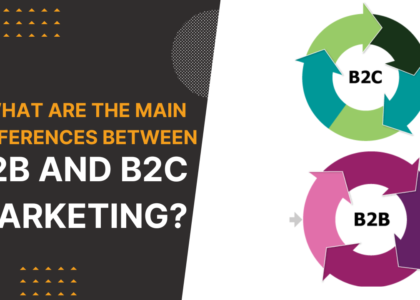In the ever-expanding digital landscape, businesses and individuals alike are constantly seeking ways to enhance their online presence. Search Engine Optimization, commonly known as SEO, is the key to unlocking the full potential of your online content and making it discoverable by search engines. Let’s delve into the intricacies of SEO and explore how it works to catapult your content to the top of search engine results.
Understanding SEO:
SEO is the strategic process of optimizing your website or online content to improve its visibility on search engines like Google, Bing, and Yahoo. The ultimate goal is to rank higher in search engine results pages (SERPs) for specific keywords relevant to your content. By aligning your website with search engine algorithms, you increase the likelihood of attracting organic (non-paid) traffic.
How Does SEO Work?
- Keyword Research: The foundation of SEO lies in understanding the language your target audience uses when searching for information online. Keyword research involves identifying and selecting relevant keywords and phrases that potential visitors might type into search engines. These keywords become the focal point of your SEO strategy.
- On-Page Optimization: On-page optimization involves optimizing individual web pages to rank higher and earn more relevant traffic. This includes integrating selected keywords into page titles, meta descriptions, headers, and throughout the content while maintaining a natural and reader-friendly flow.
- Quality Content Creation: Search engines prioritize valuable, high-quality content. Creating informative, engaging, and shareable content not only attracts users but also earns backlinks, a crucial element of SEO. Regularly updating your content keeps it relevant and signals to search engines that your website is active and authoritative.
- Technical SEO: Technical aspects of SEO involve optimizing the infrastructure of your website. This includes improving site speed, mobile responsiveness, and ensuring that search engine crawlers can easily navigate and index your pages. Technical SEO also addresses issues like broken links and duplicate content.
- Backlink Building: Backlinks, or incoming links from other websites to yours, play a significant role in SEO. Search engines consider backlinks as votes of confidence in your content’s credibility. However, it’s crucial to focus on acquiring high-quality, relevant backlinks rather than a sheer quantity.
- User Experience: A positive user experience is vital for SEO success. Factors such as website navigation, page loading speed, and mobile responsiveness contribute to user satisfaction. Search engines reward websites that prioritize a seamless and enjoyable experience for visitors.
- Monitoring and Analytics: Regularly monitoring your website’s performance using analytics tools is essential for refining your SEO strategy. Analyzing user behavior, tracking keyword rankings, and assessing conversion rates help in making data-driven adjustments for continuous improvement.
In conclusion, SEO is a dynamic and multifaceted strategy that requires ongoing effort and adaptation. By implementing these SEO principles, you can enhance your online visibility, reach a wider audience, and ultimately achieve your digital goals. Stay tuned for more insights into the ever-evolving world of SEO!





